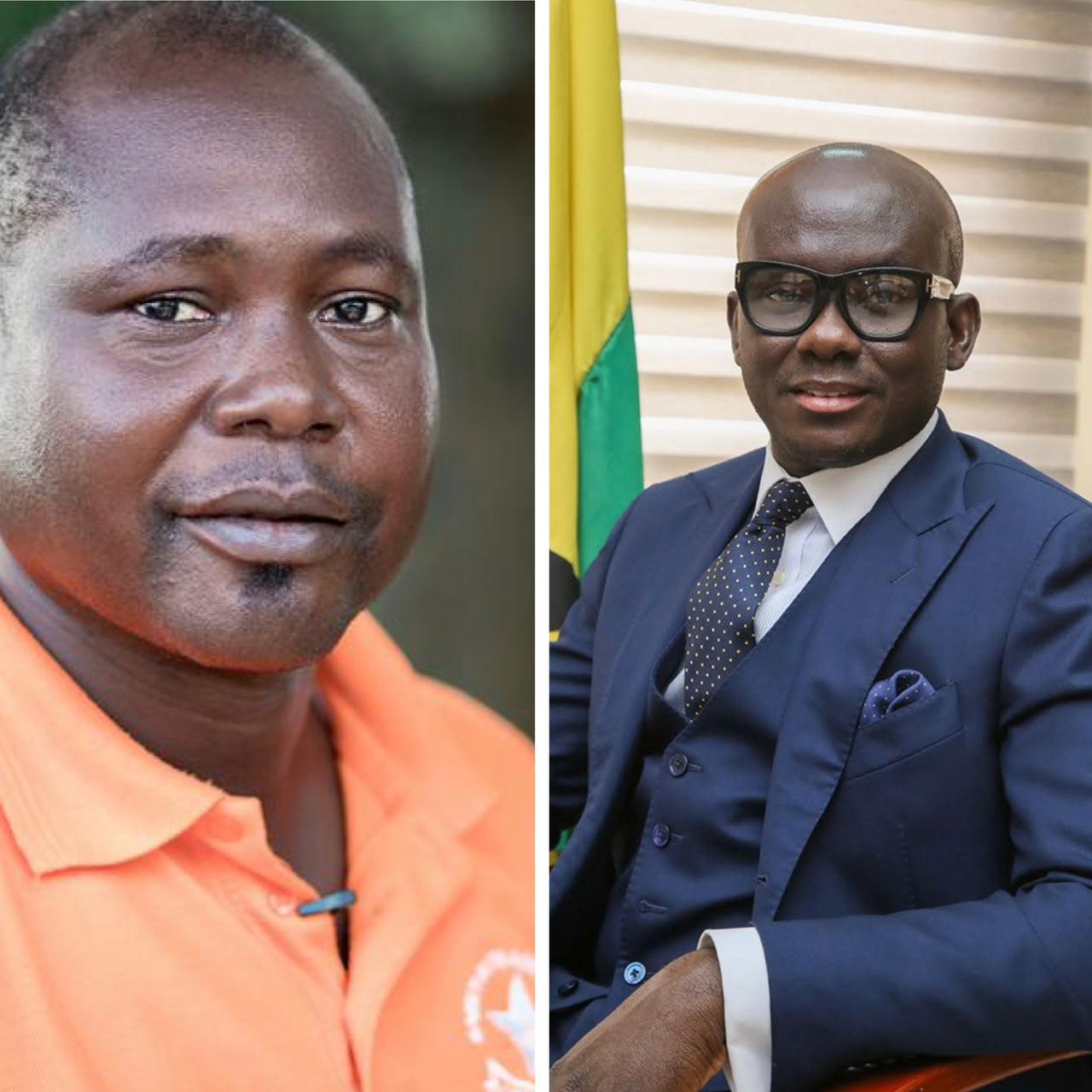The world today is grappling with the Covid-19 pandemic and West Africa is no exception. In the fight against this pandemic, the media plays a crucial role. They educate, raise awareness, and inform citizens about the virus and the measures taken by the authorities to limit its spread. The role of journalists has never been more crucial.
However, in the performance of their duties, journalists face a number of attacks. They are brutalized, arrested, detained, and harassed. In addition to these violations of journalists’ rights, the media in West Africa are facing financial insecurity which has compounded the impact of the coronavirus pandemic on the media.
The MFWA hosted its second webinar on Covid-19 and the Safety of Journalists in Francophone West Africa on June 4, 2020. This forum follows the first edition which was devoted to the English-speaking countries of the sub-region.
The panelists for this second edition were, Amina Niandou, Member of the communications authority in Niger, Bacary Mané Domingo, journalist and Vice-President of the Press Accreditation Council of Senegal, Yacouba Ladji Bama, Editor-in-Chief of bi- monthly investigative magazine, Courrier Confidential in Burkina Faso.
With regard to the situation of journalists in Niger, Amina Niandou mentioned the existence of a law on cybercrime which sanctions online publications considered to be in breach of public order. Under this law a journalist was detained for three weeks on charges of disseminating false information about the covid-19.
Bacary Domingo also pointed out that, curfew measures in the fight against the pandemic significantly affect the safety of journalists.
“We have noted several cases of attacks by law enforcement officers against journalists for reasons of violation of the curfew. These attacks take place despite the fact that the state has provided journalists with passes,” he said, adding that “Not all journalists work remotely; some work from the office and come home late, and yet the security forces are not considerate.”
While journalists are grappling with the various laws in Niger and Senegal, Ladji Bama of Burkina Faso indicated that, since the outbreak of Covid-19 in Burkina Faso, there has not yet been any cases of attacks, nor of detention of journalists in connection with their reporting on Covid-19. However, he said the curfews imposed had an impact on journalists.
“The curfews have made it difficult for journalists to access information at night. But thanks to the passes provided by the state, the situation has improved,” Bama said.
The panelists also highlighted a number of challenges regarding financial sustainability in the media.
“With the Covid-19, the financial situation of the media has become difficult. First the thermometre guns, the masks, the gels, the microphone stands, and even the social distancing. All this represents costs for the media, while some Senegalese people no longer buy the newspaper because for them the paper could be contaminated. This has major implications for revenue,” Bacary Domingo, explained.
Speaking on the situation in Niger, Amina Niandou pointed out that, women are the most vulnerable to the financial hardships faced by the media. According to her, “If the media decide to lay off staff, it is very likely that it starts with women because they are perceived, wrongly of course, as less productive compared to men.”
The panelists highlighted measures taken by governments to alleviate the financial impact of the pandemic. According to Domingo, “in Senegal, subvention to the media has been doubled from 700 million to 1.4 billion to able the industry cope with the impact of the Covid-19.”
In Niger, the government asked the media to provide invoices for their reports and campaigns on the Covid-19, while in Burkina Faso, the government announced, among other measures, a 50% cut in taxes for the media.
However, the panelists considered these measures inadequate, and stressed the need for the governments to do more to improve the legal and financial frameworks of the media in order to promote their development. It is in the light of the above that the panelists made the following recommendations:
- Establish partnerships: The media should forge partnerships with each other and, in the long term, form conglomerates. This will allow them to be more sustainable and less vulnerable to financial crises.
- Collaboration: Journalists, media organisations and media associations across the sub-region need to collaborate in order to denounce with one accord all attacks perpetrated against media professionals and demand respect for the rights to press freedom and freedom of expression.
- Increase subvention to the media: In order to better promote a vibrant and independent media, there is the need for governments in the sub-region to increase their financial support for the media.
- Go digital: In this era of Covid-19 where working remotely has become the norm, and hard-copy newspapers are experiencing a downturn, it is crucial for media enterprises to adopt digital tools and put in place measures that will enable them publish and generate revenues online.
Le webinaire complet se trouve ci-dissous






